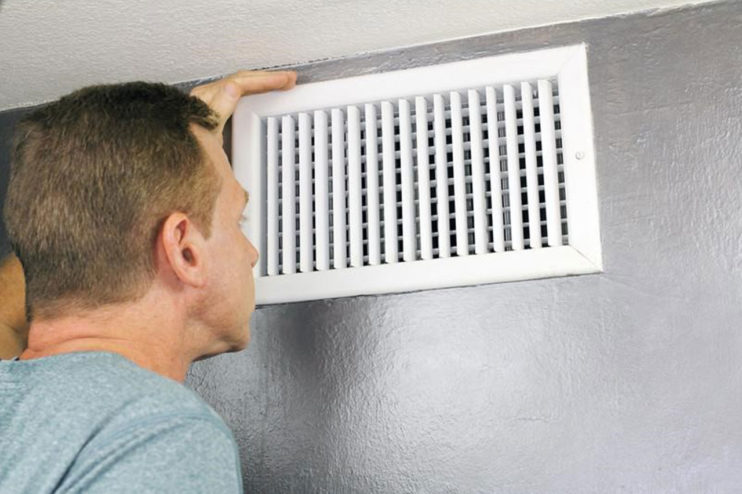Forced Air or Hot Water Heat: Which is Better?

The US Energy Information Administration estimates that an average of 42% of home energy use goes toward home heating. Thanks to a milder climate in California, that number isn’t as high as it would be in Seattle or Vancouver, but the cost is still high enough that it’s worth asking whether your home heating system is pulling its weight when it comes to energy efficiency. If you’re in the market for a new home heating system, are you better off with a forced air system or one that uses hot water? The answer is far from clear-cut, but Ace Plumbing can help you make an informed decision.
Furnaces and Forced Air Heat
Unless you’re a plumber serving Sacramento, you might use the terms furnace and boiler interchangeably. There’s a difference, however. A furnace heats air, which is then circulated through your home using a fan and a system of ducts. This is a common setup, especially since your heat and central air can both use the same ducting. That makes it inexpensive to install.
However, forced air heat has its disadvantages. It’s drier, it can circulate allergens if you’re not diligent about cleaning filters and ducts, and even though it warms a space quickly, it doesn’t always warm uniformly. What’s more, rooms may cool nearly as quickly as they warmed up — especially if they’re poorly insulated, or if there’s a draft.
Boilers and Hot Water Heat
Instead of hot air, a boiler heats water that’s then pumped through radiators or baseboards. For this reason, it’s often called radiant heat or hot water baseboard heating. Once the water is heated and makes its way through the system, it continues to heat the space — that can make your home feel warmer longer, making radiant heat more consistent, energy efficient, and cost-effective than a forced air system. A boiler is quieter, and more conducive to air quality because it’s less prone to lead to dry air and its accompanying respiratory problems; it also doesn’t rely on ducts and filters, which is a boon for those who are sensitive to air quality issues.
That’s not to say that radiant heat doesn’t have disadvantages. Furnaces tend to be more expensive to start with, and the complexity of the installation can add to that cost. Radiant heat also won’t heat a space quite as quickly as hot air heat. If they’re not properly maintained, boilers can also leak and damage your home. Installation is also more complex, which adds expense.
Which Is Right for Your Home?
There’s no single answer to this, since each homeowner is usually balancing multiple considerations when choosing a new heating system. For homes that already have central air, it can be more cost-effective to use the same ductwork for a forced air system than installing a new boiler and baseboards. On the other hand, if you’re upgrading your home heating as part of a remodel, or if there are people living in your home who suffer from allergies or asthma, hot water heat can improve air quality and quality of life. For help making sense of your options, HVAC maintenance, energy rebates for efficient HVAC units, boiler and furnace repairs, and much more, call Ace Plumbing today so you’re taken care of before the cold weather sets in.



